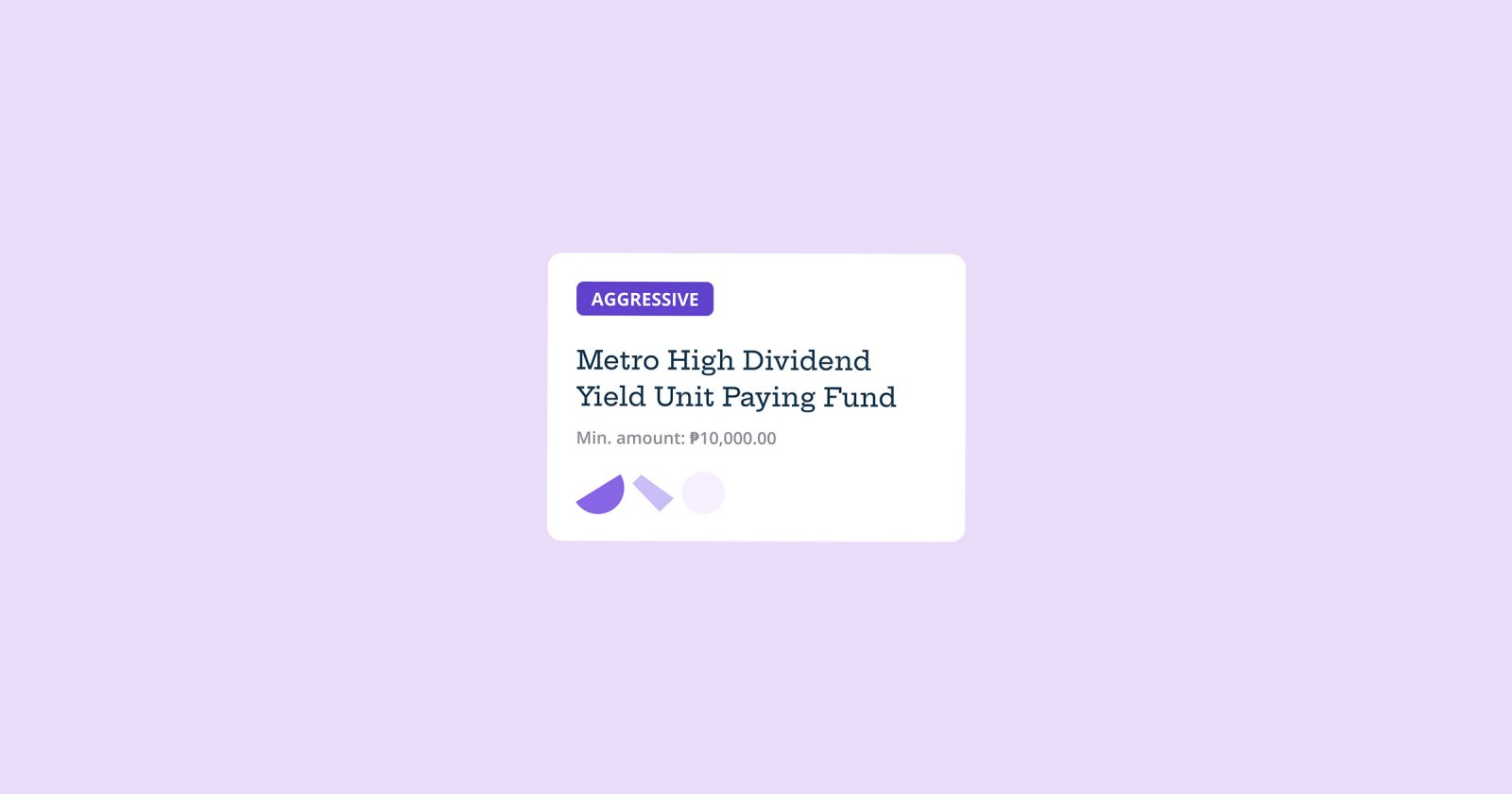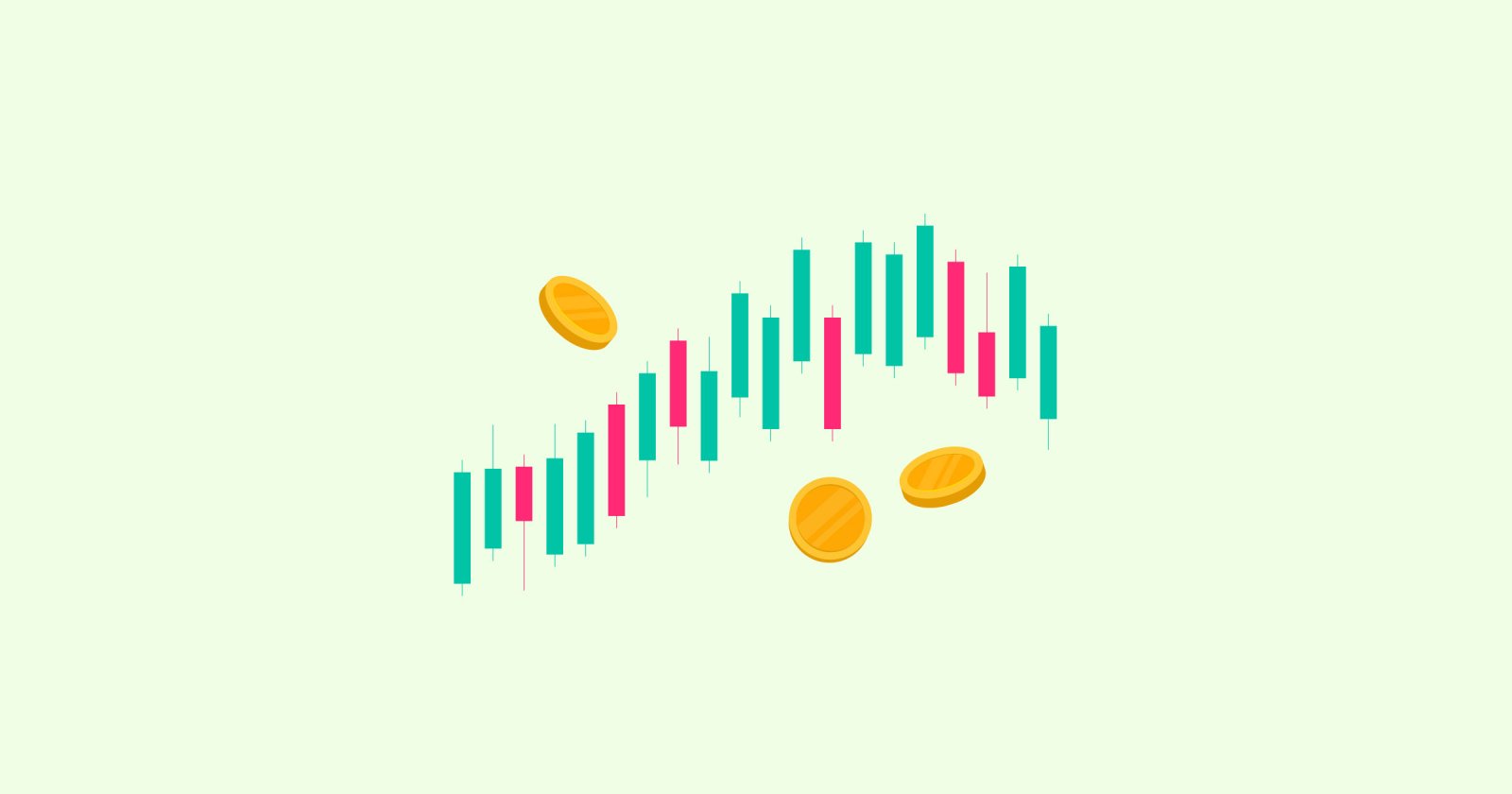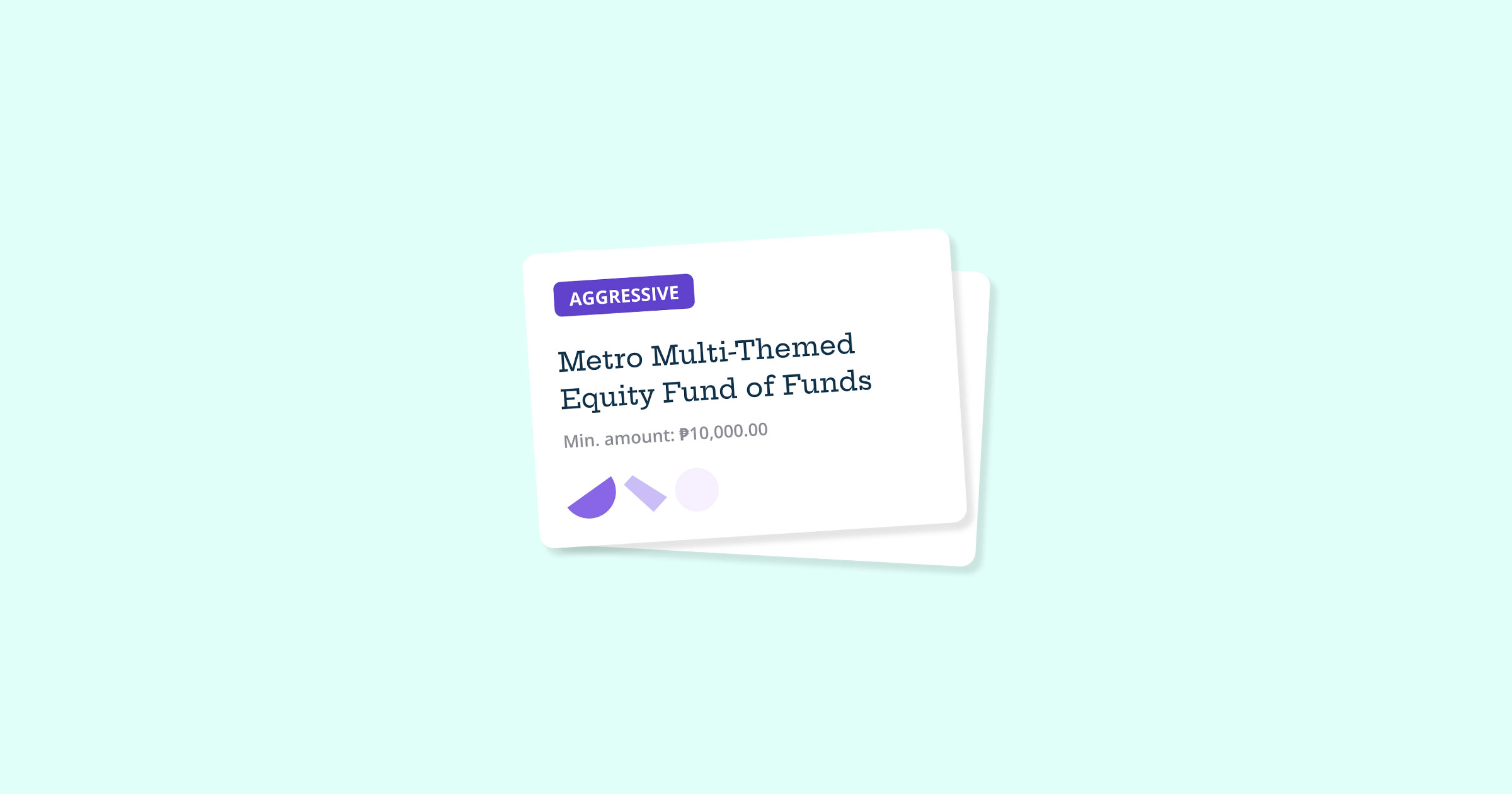For people who want to earn regular income from investments, bonds and dividend-paying stocks are popular options.
Not many may know that certain pooled funds like Unit Investment Trust Funds (UITFs) can also be an option for income investing. Learn all about unit paying funds below.
How unit paying funds work
A unit paying fund is a type of UITF that aims to regularly pay out money to investors.
The payouts usually come from income earned by the fund from its underlying assets, like coupons from bonds and dividends from stocks.
With non-unit paying UITFs, any income is typically reinvested back into the fund to help it grow. You can only get cash from such funds if you’ll fully or partially redeem the units that you own.
With unit paying UITFs, income is distributed to investors on a specified schedule, like quarterly or semi-annually depending on the UITF. Aside from having the option to redeem units, you may also get cash through payouts.
Here’s how it works: the fund will distribute the income to investors in the form of units. Then, the units will be automatically redeemed. Investors will receive the payout as cash in their settlement accounts.
The size of the payouts tends to depend on the number of units you already own as well as the fund’s performance. This means income distribution is not guaranteed.
Learn more about UITFs and their different types in this article.
Should you invest in a unit paying fund?
You can consider a unit paying fund if you want to potentially earn income from investments while also possibly benefitting from capital appreciation.
Possible advantages and disadvantages
Before investing, you should always check whether the UITF suits your goals and risk tolerance. Additionally, it’s ideal to weigh the pros and cons, such as:
- Potential to have a regular income stream
There are 2 ways to possibly earn from unit paying funds: capital appreciation and income distribution. These funds also offer a relatively affordable way to invest in income-generating assets like bonds and dividend-paying stocks.
- Payouts aren’t guaranteed
Payouts can change based on the fund's performance and are subject to the income distribution rules of the UITF. You can look at the fund’s fact sheet to see its payout rates over time.
- Payouts can affect the fund’s value
Income won’t be reinvested into the fund, and this may affect its long-term growth. Additionally, unit paying funds tend to see a decline in value when payouts happen since money goes out of the fund.
The short-term drop may not matter much if the fund’s assets have a good potential for long-term growth and you plan to stay invested for a long time.
Keep in mind that the timing of your investment also matters. You need to subscribe to the unit paying UITF before the cutoff date to qualify for the next payout.




